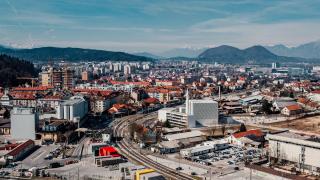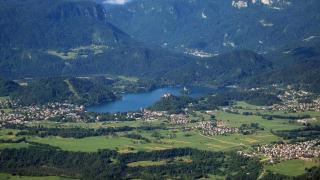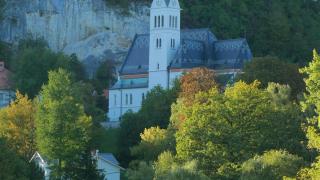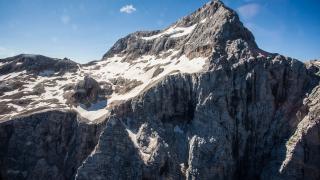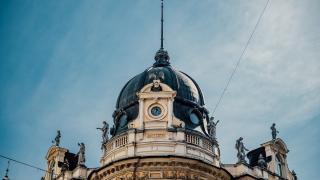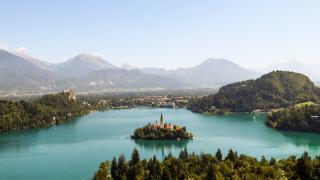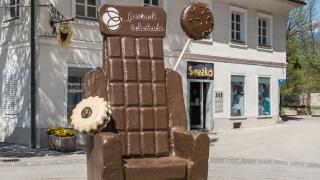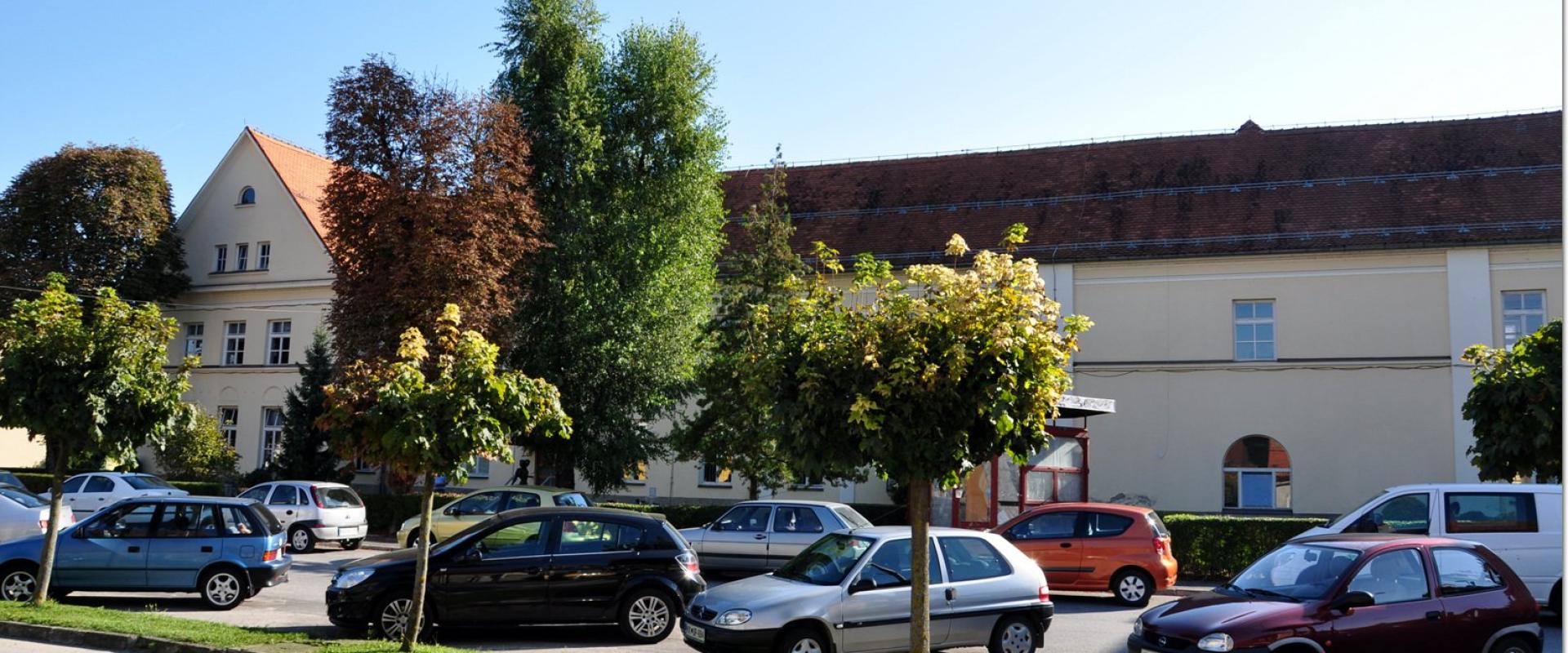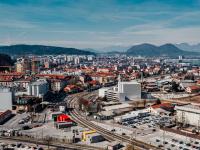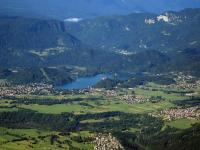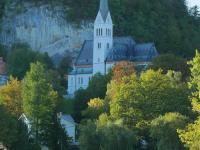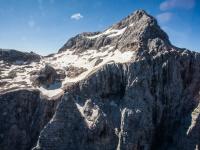First Impressions: Settling In
Newcomers to Slovenia often notice the clean streets and well-maintained public spaces. Ljubljana’s city center is mostly car-free. The pace of life is slower than in Western Europe. Locals greet with a friendly "dober dan" but may seem reserved at first.
*Scenery stands out: the Alps are visible from Ljubljana and Lake Bled is 55 km away. *Public transport is reliable; a monthly Urbana card in Ljubljana costs €37. *Finding rental apartments can be challenging. One-bedroom flats in Ljubljana average €650 per month. *Most official documents are in Slovene. English is common in cities, less so in rural areas. *Bureaucracy can be slow. Registering residence (prijava prebivališča) may take several weeks.
Expats gather at Café Čokl or through Facebook groups like "Expats in Slovenia." International schools exist in Ljubljana and Maribor. Safety is high; violent crime rates are low. Tap water is safe everywhere. The expat community is small but supportive, especially in urban centers. Outdoor lifestyle is popular, with hiking and cycling common year-round.
Finding Your Slovenian Home
Ljubljana is the top choice for expats. Popular neighborhoods include Trnovo, Šiška, and Bežigrad. In Maribor, expats prefer Center and Tabor. On the coast, Koper and Piran attract international residents.
Most rentals are found on Nepremicnine.net and Bolha.com. Listings are mainly in Slovene. Monthly rent in Ljubljana averages €700–€1,000 for a one-bedroom apartment in the center. Outside the center, prices drop to €500–€700. Maribor and coastal towns are usually 20–30% cheaper. Utilities are often not included. Expect €150–€200 per month for heating, water, and electricity.
Standard lease agreements are for 12 months. Shorter contracts are rare and may cost more. Deposits are usually one or two months’ rent. Most landlords require proof of employment or a Slovenian tax number (davčna številka).
Agencies charge a fee, typically one month’s rent. Private landlords may not speak English. Written contracts are required by law. Always check for registration with the Geodetska uprava (Surveying and Mapping Authority).
Short-term stays are best arranged through Nepremicnine.net or local Facebook groups. For long-term, start searching two months before arrival. Demand is highest in September and October due to student influx.
Public transport in Slovenia is reliable. Ljubljana city buses use the Urbana card. A monthly pass costs around €37. Trains connect major cities like Maribor, Celje, and Koper. Intercity buses reach smaller towns. Taxis are available but expensive compared to buses. Cycling is common in Ljubljana, with dedicated bike lanes and BicikeLJ rental stations.
Grocery shopping options include Mercator, Spar, and Tuš supermarkets. Local markets, such as Ljubljana's Central Market, offer fresh produce, cheese, and bread. Prices: 1L milk €1.20, bread €1.50, apples €2/kg. Supermarkets open until 8 or 9 pm; markets close by 3 pm.
Setting up a mobile phone requires a Slovenian SIM card. Telekom Slovenije, A1, and Telemach are main providers. Prepaid SIMs cost €5-10. Internet contracts need a local address and ID. Major banks: NLB, SKB, and Nova KBM. Opening an account requires a passport, residence permit, and tax number.
Slovenian is the official language. English is widely spoken in Ljubljana and tourist areas. In smaller towns, basic Slovenian helps. Useful phrases: Dober dan (hello), Hvala (thank you), Koliko stane? (how much?).
In shops, greet staff on entry. Waiters expect a small tip, usually rounding up the bill. Public spaces are quiet; loud conversations are rare.
Healthcare and Education Essentials
Public healthcare in Slovenia is managed by ZZZS (Zavod za zdravstveno zavarovanje Slovenije). Expats with a residence permit must register for ZZZS. Registration is done at local ZZZS offices. Monthly contributions for adults start at around €30-€50. ZZZS covers most GP visits, hospital care, and basic dental. Prescriptions require a small co-payment. Supplementary insurance (dopolnilno zavarovanje) is common and costs about €35/month. This covers extra charges not included in ZZZS. Private healthcare offers faster appointments and more English-speaking staff. A GP visit in a private clinic costs €40-€70. Finding English-speaking doctors is easiest in Ljubljana and Maribor. Many clinics list languages spoken on their websites. Pharmacies (lekarna) are widespread; 24-hour pharmacies are in major cities. Emergency number is 112 for ambulance, fire, and police. Vaccinations follow the Slovenian national schedule. School entry requires up-to-date vaccinations. Education: Public schools teach in Slovene. Some offer Slovene as a second language support. International schools are in Ljubljana (British International School, Danila Kumar International). Annual fees range from €8,000-€20,000. Private schools are limited but available. Most expat families in Ljubljana choose international schools.
Slovenia’s job market favors IT, engineering, tourism, and logistics. English-speaking roles are mainly in Ljubljana and Koper. MojeDelo and Zaposlitev.net list local vacancies. Work permits are required for non-EU citizens. Processing takes 30–60 days. EU citizens register at Upravna enota within 90 days. Networking is active in Ljubljana. Join Internations Ljubljana or Meetup groups. Language exchanges meet weekly at Pritličje café. Local clubs include hiking societies (Planinsko društvo) and sports teams. Workplace customs: Slovenians value punctuality and formality. Use titles like gospod (Mr.) or gospa (Ms.). Coffee breaks are common at 10:00 and 15:00. Making friends: Accept invitations to kava (coffee) or pivo (beer). Attend city festivals like Ljubljana Festival (June–September) or Kurentovanje in Ptuj (February). Volunteering is popular; check Prostovoljstvo.si for opportunities. Most Slovenians speak English, but learning basic Slovene helps. Courses cost €200–€400 per semester at Centers for Slovene as a Second Language.
Quick-Start Checklist for Newcomers
Before arrival:
- Prepare a valid passport and obtain a Slovenian visa or residence permit if required.
- Bring original birth and marriage certificates. Needed for registration and some services.
Upon arrival:
- Register your address within 8 days at the local Upravna enota (Administrative Unit).
- Apply for a Slovenian tax number (davčna številka) at the Financial Administration office.
- Open a bank account. Most banks require a passport, tax number, and proof of address.
- Purchase a SIM card. Major providers: Telekom Slovenije, A1, Telemach. Prepaid SIMs cost from €5.
Key contacts/resources:
- Upravna enota for all official registrations.
- VEM points for business setup.
- Expat groups: Facebook "Expats in Slovenia".
Common pitfalls:
- Missing address registration deadlines. Fines up to €400.
- Incomplete documents for banking or permits.
Ongoing support:
- Visit Slovenia.si for official info.
- Local expat meetups in Ljubljana and Maribor.
